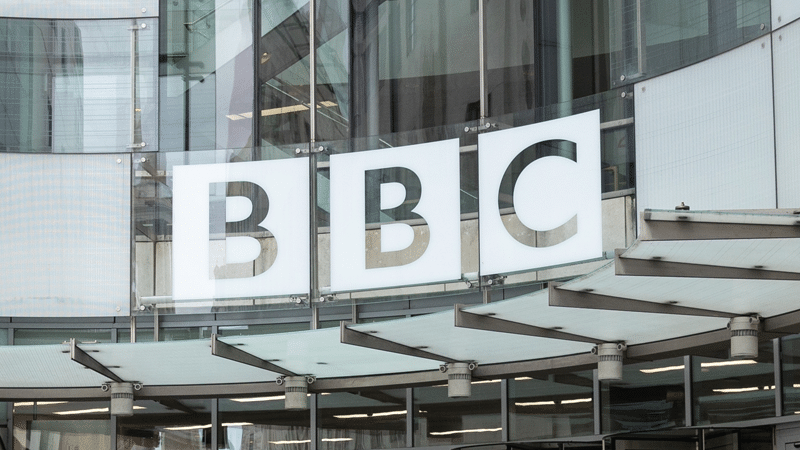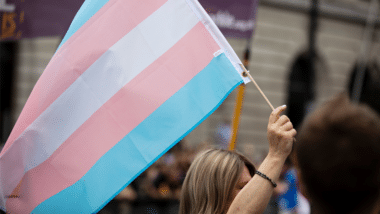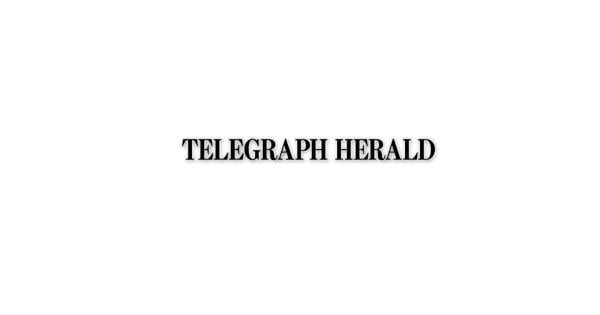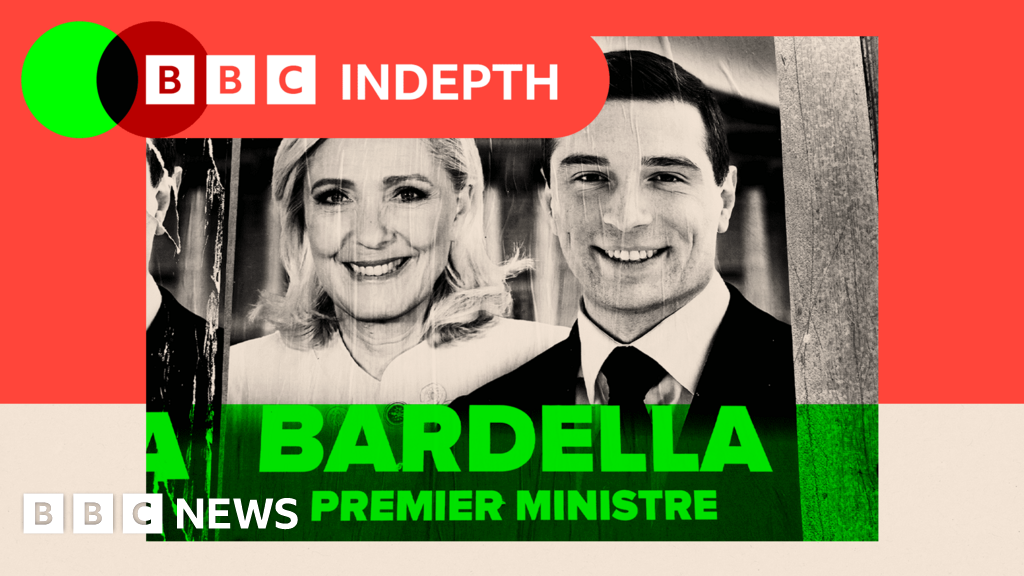Fitness
BBC misleads viewers on fitness of ‘men’s milk’ for babies

A news item on so-called chestfeeding was “misleading” and biased, the BBC has admitted.
Viewers contacted the BBC to complain about an interview in which a trans activist made unchallenged claims over the benefits of hormone-filled milk produced by gender-confused men.
The broadcaster’s complaints unit has now admitted that BBC News had failed to meet its editorial standards of “accuracy and impartiality”.
Interview
In February, a letter emerged from the University Hospitals Sussex NHS Foundation Trust defending the practice of using drugs to induce lactation and enable men who identify as women to feed babies.
Prompted by the letter’s contents, BBC News interviewed Kate Luxion – described by the presenter as “a research fellow in creative global health at the University College, London [sic] and a lactation consultant trainee”.
During the interview, the LGBT activist claimed ‘men’s milk’ is at least as good “if not higher quality” than a mother’s breast milk, arguing that scientific evidence supported her claim.
Outcome
One viewer complained to the Editorial Complaints Unit (ECU) that the science cited in the NHS letter was “accepted without question” and “undoubtedly misrepresented”.
The complainant also said Luxion was accepted “as an authority on the issue without inviting on a medical expert to counter her argument”. The ECU reported that a second viewer raised similar concerns.
The BBC judged that the “weight of relevant evidence” in support of the letter was not made “sufficiently clear” and accepted that “viewers would have been left with a materially misleading impression”.
It also said that Luxion lacked “specialist knowledge about the nutritional value of human milk” and the programme had “failed to give due weight to an appropriate range of views and perspectives on a controversial issue”.
Letter
The leaked letter from Dr Rachael James, a Deputy Medical Director at the University Hospitals Sussex NHS Foundation Trust, stated that “human milk” is the “ideal food for infants”. It was sent on behalf of the Trust’s Chief Executive in response to a complaint about its gender policies.
Dr Rachael James wrote: “Medications are sometimes used to induce lactation, similar to the natural hormones which encourage lactation to develop when the baby is newly born although occasionally some people are able to induce lactation without hormonal treatment.
“The evidence which is available demonstrates that the milk is comparable to that produced following the birth of a baby.” She added that “the term human milk is meant to be neutral and is not gender-biased”.
‘Nonsense’
The letter was revealed in a report by the think tank Policy Exchange .
Its Head of Quality and Identity, Lottie Moore, said: “This letter is unbalanced and naive in its assertion that the secretions produced by a male on hormones can nourish an infant in the way a mother’s breast milk can.
“A child’s welfare must always take precedence over identity politics and contested belief systems that are not evidence-based. The NHS should not be indulging in this nonsense.”
So-called chestfeeding by men is made possible by taking drugs such as domperidone, which induces lactation, but has been linked to heart problems, including for the babies receiving the milk.


NHS trust blasted for sidelining mothers in favour of ‘birthing people’
NHS trans maternity training based on ‘bogus research’ scrapped
Charity faces backlash over claim ‘men can get ovarian cancer’










